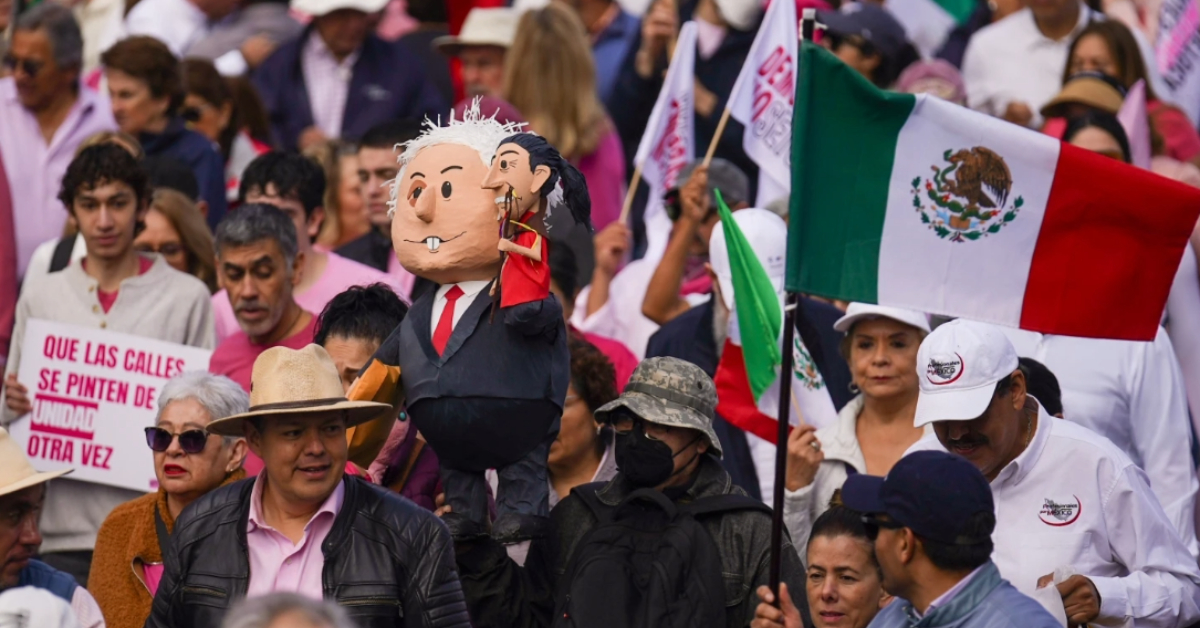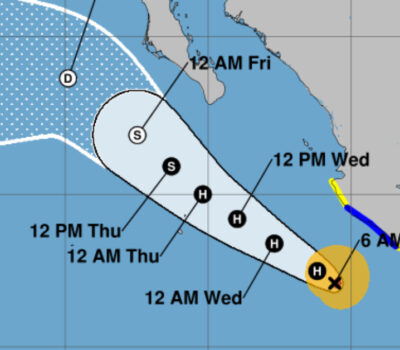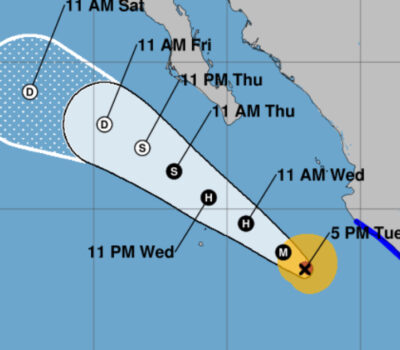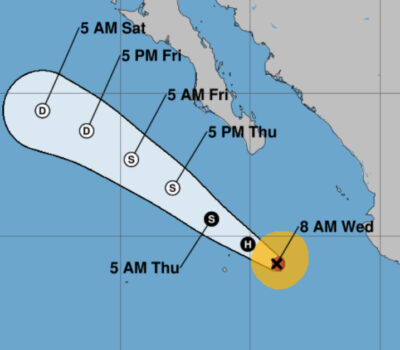Formal campaigning begins this Friday, marking the start of what is anticipated to be the largest election in the history of Mexico. This pivotal electoral event will determine the nation’s next president, likely the country’s first female president, and will see the selection of 628 congressional representatives, alongside numerous local officials across the country.
In a nation where traditional “macho” cultural values have prevailed, the forthcoming election is likely to be groundbreaking, with the prospect of electing the first female president in Mexican history. The electoral atmosphere is also heavily influenced by escalating issues such as increased cartel violence, the political influence of current President Andrés Manuel López Obrador, and the intricate history of Mexico’s relationship with the United States.
The electoral process is scheduled for June 2, when a vast number of Mexican citizens will cast their ballots. The elected president will hold office for a term of six years. Besides the presidential election, the Mexican populace will also vote for 128 senators and 500 representatives in Congress, along with numerous local government officials across various regions.
In the presidential race, Claudia Sheinbaum, former Mayor of Mexico City, is the frontrunner, with polls from February showing her leading with approximately 59% of the voter support. Sheinbaum, representing the Morena party, is perceived as the political heir to the populist, leftist agenda of López Obrador. In contrast, Senator Xóchitl Gálvez, a vocal critic of the current administration, trails with around 36% of the vote, representing the Strength and Heart for Mexico coalition. Additionally, Jorge Álvarez Máynez from the Citizen Movement party is also competing, albeit with lesser prominence.
Security concerns overshadow the electoral landscape, particularly in regions plagued by cartel violence. The alarming security situation, which has deteriorated under López Obrador’s presidency, poses significant risks, with several candidates being murdered even before the official commencement of the campaign season. This year’s election could potentially be the most violent in Mexico’s history.
The electoral debates extend beyond mere politics to encompass broader democratic principles. This has been highlighted by substantial protests in February against electoral reforms introduced by López Obrador. Despite these controversies, López Obrador continues to enjoy significant support among the working class, attributed to his administration’s populist policies aimed at addressing their needs amidst rising inflation.
The election in Mexico is part of a global wave of electoral activities, with over 50 countries heading to the polls in 2024, a year that promises to be a litmus test for democracies worldwide.
In terms of gender politics, the potential election of a female president in Mexico represents a significant milestone against the backdrop of entrenched gender inequalities and widespread gender-based violence, including femicides. Despite advancements in women’s political representation, largely due to mandatory quotas, Mexican women continue to face significant challenges, reflecting the country’s deeply ingrained “machismo” culture.
Formal campaigning begins this Friday, marking the start of what is anticipated to be the largest election in the history of Mexico. This pivotal electoral event will determine the nation’s next president, likely the country's first female president, and will see the selection of 628 congressional representatives, alongside numerous local officials across the country.












